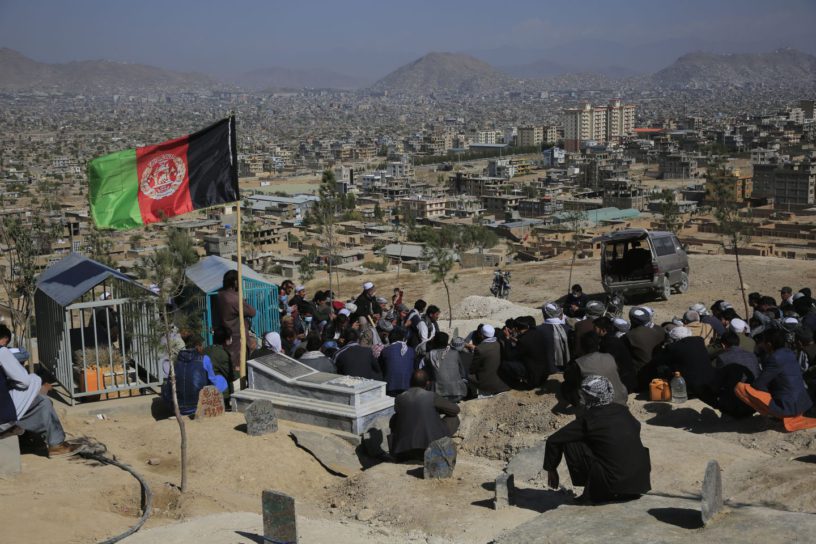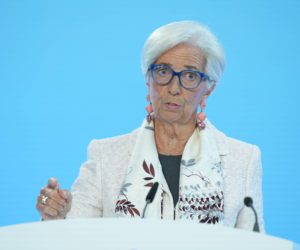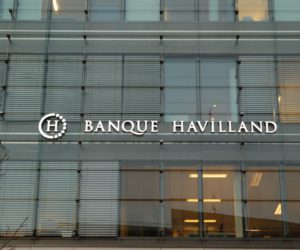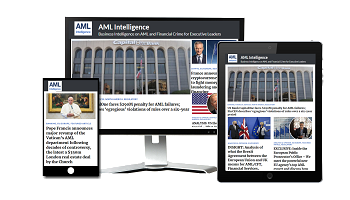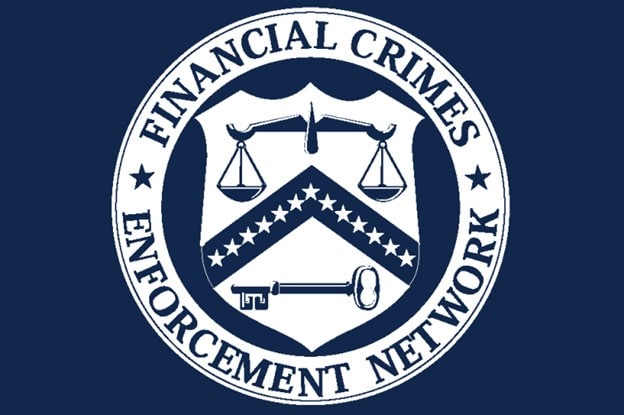By AMLi Correspondents
BRITAIN’S National Crime Agency believes organised crime groups use money transfer businesses to launder at least £1 billion annually.
With 31,000 money service businesses (MSBs) in Britain, the country has four times the combined total of such entities in Germany, the Netherlands, France, Germany, Italy and Spain. Around 15 per cent are thought to be exposed to money laundering activity from drugs sales, human trafficking and other serious organised crime.
It is estimated much of the money is laundered through Afghanistan (pictured), Pakistan and Albania.
Britain’s Treasury in its national risk assessment released in December said terrorists were depositing cash into the financial system that “moved through formal banking mechanisms or via money service businesses (MSBs)”.
The Treasury described the sector as “high risk” for money laundering and terrorism financing. “We continue to see criminals taking advantage of services provided by MSBs, in particular . . . money transmission services,” the assessment found.
“The risk of terrorist financing through MSBs remains high due to continued exposure to high-risk jurisdictions, generally poor compliance outside the largest firms and continued evidence of their abuse. Typically, funds are sent from family or close associates to those located with terrorist groups overseas,” it found.
However only 18,000 of the half a million SARs received in 2019 came from MSBs – and even then they only came from the larger companies.
FATF (the Financial Action Task Force) in its most recent assessment found that the UK had “deficiencies” in reporting.
“Intelligence has suggested that about 15 per cent of more than 31,000 outlets are exposed to money laundering from groups involved in human trafficking, importing drugs and other crimes,” the Times newspaper reported.
“The sheer number of the businesses, including bureaux de changes and cheque cashing companies, makes the practice difficult to identify and, despite long-running concerns, figures suggest failures in self-regulation,” the paper said.
The criminal organisations that control some MSBs launder their money abroad using in many cases “high-risk jurisdictions” such as Pakistan and Albania.
Publisher and owner of InfoLink Gazette Greg Connell said: “A useful preventive measure would be for all financial institutions to check that the MSBs they are dealing with are on the MSB register. If the MSB isn’t registered it has no legitimacy.”
In November, money transfer company owner Shafiq Ahmed (53) who laundered at least £5M through his firm in south London was sent back to prison for breaching a crime prevention order. Ahmed allowed drug money to be paid into UK bank accounts from where it was transferred to Pakistan, Afghanistan and other parts of Asia.
Earlier, in June the National Crime Agency and City of London police seized around £2.5M in an operation targeting MSBs in the east London area.
Ben Russell, deputy director of the National Economic Crime Centre told the Times crime syndicates were “career criminals building their lives and their lifestyles running citywide, countrywide significant criminal networks”. He stressed that most money service businesses were compliant and legal.

